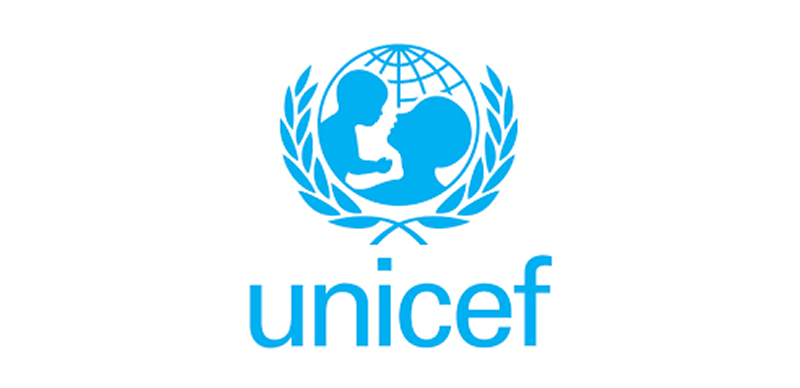The Osun State government, in collaboration with the United Nations Children’s Emergency Fund (UNICEF) and IHS Nigeria Limited, a telecommunications infrastructure company, has launched a comprehensive digital literacy and connectivity program for public primary and secondary schools. This initiative, aimed at bridging the digital divide and empowering students with essential 21st-century skills, brought together 200 teachers and school heads from across the state for an intensive training session in Ede, Osun State. The program’s core objective is to equip schools with the necessary infrastructure and training to effectively utilize digital resources for enhanced teaching and learning. By providing access to technology and training, the program seeks to transform the educational landscape in Osun State and prepare students for success in the digital age.
The training program is a significant step towards integrating technology into the state’s education system. One hundred schools, represented by their principals, head teachers, and teachers, were selected to participate, with 40 primary schools and 60 secondary schools benefiting from the initiative. Each participating school received a router with unlimited data, provided by IHS Nigeria Limited, ensuring continuous access to online resources. This provision of internet connectivity forms the backbone of the program, enabling schools to leverage digital platforms and resources for improved learning outcomes. The training component focuses on equipping educators with the necessary skills to effectively integrate technology into their teaching practices, maximizing the benefits of the newly acquired internet access.
Mr. M. Jimoh, the Permanent Secretary of the Osun State Ministry of Education, addressed the participants, highlighting the importance of the initiative and commending Governor Ademola Adeleke’s support. He emphasized the potential impact of the program on student learning and urged the school administrators to ensure that the provided resources are utilized effectively to benefit all pupils. Jimoh’s address underscored the government’s commitment to leveraging technology for educational advancement and stressed the responsibility of school leaders in ensuring the program’s success. His call to action reinforces the importance of integrating the training into daily teaching practices, ensuring that students reap the full benefits of digital learning resources.
The driving force behind this initiative is the recognition that digital literacy is no longer a luxury but a fundamental necessity for participating in the modern global economy. Tolulope Oyenuga, representing the Director of Sustainability at IHS Nigeria Limited, explained that the company’s commitment to social impact and bridging the digital divide motivated the program. Partnering with UNICEF, IHS aims to connect schools with reliable digital infrastructure and provide access to the Nigeria Learning Passport (NLP), a comprehensive e-learning platform. This platform offers a wealth of resources for both teachers and students, facilitating continuous learning and professional development. The collaboration between IHS and UNICEF leverages the expertise of both organizations to maximize the program’s impact, ensuring sustainable and effective integration of technology into education.
The implementation of the program extends beyond simply providing hardware and software. IHS is also collaborating with Focus Teens Foundation, a last-mile implementing partner, to ensure the successful deployment of connectivity solutions and the effective delivery of digital literacy training to the schools. This partnership with a grassroots organization ensures that the program reaches even the most remote schools, maximizing its impact and leaving no child behind. The focus on last-mile implementation highlights the commitment to ensuring that the program’s benefits are accessible to all, regardless of location or circumstance. Focus Teens Foundation’s involvement ensures that the training is tailored to the specific needs of each school and that technical support is readily available for any challenges encountered.
The Nigeria Learning Passport (NLP) plays a central role in this initiative. It offers a vast library of digital learning resources, catering to both teachers and students. Teachers can access professional development materials to enhance their teaching skills and integrate technology effectively into their classrooms. Students, in turn, can access a wide range of curriculum-aligned content, interactive exercises, and assessments, enriching their learning experience and fostering independent learning. The NLP serves as a powerful tool for both educators and students, empowering them to embrace digital learning and prepare for the future. Its comprehensive resources and user-friendly interface contribute to a more engaging and effective learning environment. By providing access to this platform, the program ensures that students and educators alike have the tools they need to thrive in the digital age.


